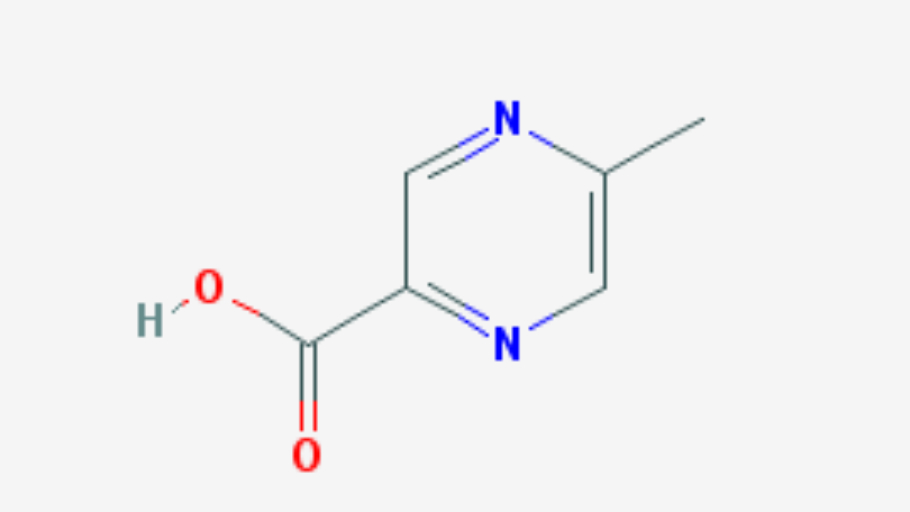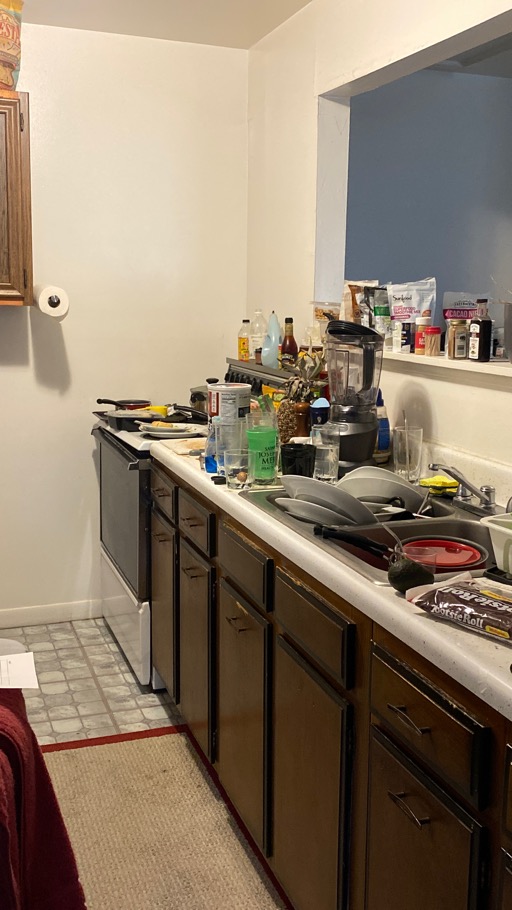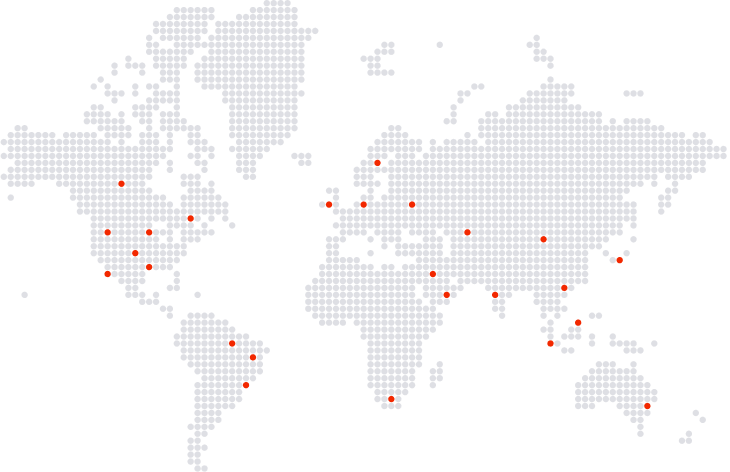JOBS

At Dev Technosys, we are revolutionizing the financial technology space by building secure, intelligent, and user-friendly digital financial solutions. Our mission is to simplify complex financial processes and deliver innovative apps that empower individuals and businesses alike. Join our team and ...

Navigating Life Choices as You Age
As your character progresses through life, BitLife presents you with scenarios and decisions that shape their path. Each year, you age up by pressing the “Age” button, triggering events like school dilemmas, job offers, or family disputes. Here’s how to approach...

Love food, service, and creating great experiences? ONMI is opening very soon, bringing authentic Korean BBQ to the PNW! We're building a passionate team to deliver an exceptional dining experience. If you value quality, tradition, and hospitality, join us!
We're Hiring for the Following Position...

4 days (30-33 hours) per week, all full day daytime shifts, position. Self-storage Maintenance position to maintain storage properties in the Everett area. Successful candidates will be hard working, have attention to detail, customer service oriented and take pride in ensuring that your properties ...

We are Dealings with New Electronic Bikes all over Goa State.
We are giving you One of the Best Branded Electronic Bikes. If You have Trust in God Jesus, then You will 100% Surely Guarantee going to get the One of the Best Branded & Quality No. 1 (One) Electronic Bikes. Once You take Electronic Bik...

Mother & Daughter Cleaning Services wants to help you with that pesky chore of cleaning wether it’s deep cleaning, spring cleaning, shampooing carpets, or even just mowing your yard we want to help you. We are located in Haskell Oklahoma and will drive 40 miles any direction and clean anything you a...

Aloha,
I have a 2 bed and 2bathrooms apartment (730 sqf). Pretty small and clean too. I need help like twice a month (or more if possible) with cleaning while I am at work for longer hours. It won’t take more than 1 hour to clean it.
And it could be any day of the week, after 5:00pm (more availabi...

Designing a corporate layout to define a web presence needs an expertise that the multinational IT Company Eminenture creates through incredible web design services in the UK. We are a group of creative web developers, designers & image editors that always give priority to customers’ dreams to be ap...

Hello everyone ! I need help cleaning my house and help with cleaning my pet areas . I have 2 cats, 2 dogs, 2 bunnies, and 2 hamsters . I do as much as I can , but I barely have the energy to just go to work as I have crohns. I am 24, married, and my husband works a lot too so it is difficult to kee...
1 – 38 of 38
MyArea is the place where proximity becomes opportunity.
In a world where we’re digitally connected but physically distant, MyArea helps you reconnect with the people who are actually around you. Whether you’re looking for someone to go for a walk with, grab a coffee, talk business over lunch, or host a small local event, MyArea makes it easy to turn shared location into meaningful interaction.
Discover people in your area who share your interests, your curiosity, or your expertise. Create or join casual meetups like wine tastings, board game nights, play dates, neighborhood garage sales, or spontaneous coffee breaks. From personal connections to professional networking, MyArea is built for real-world moments that start nearby.
This isn’t about endless swiping or awkward introductions. It’s about simple, natural connections that fit into everyday life — right where you are. Your area already has everything you need. MyArea helps you unlock it.
























